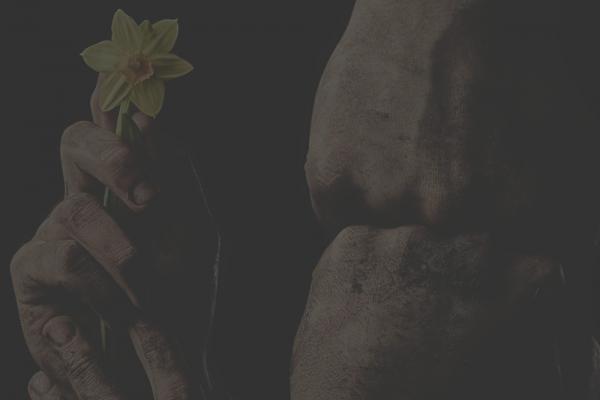The organization Journey of Hope: From Violence to Healing — co-founded in the early 1990s by Jaeger and fellow activist Bill Pelke — has toured 40 states nationwide and 16 countries overseas. Speakers include a woman whose father was stabbed to death in front of her and a man whose brother was executed by a Utah firing squad.
The overarching goal of the U.S. movement is to end the death penalty. For some advocates, the mission ends there.
"They don't want to have the murderer over for Sunday dinner," as one advocate puts it. Not every story involves forgiveness.
But many do. In Tulsa, Okla., Edith Shoals, 67, is a victims' advocate for the Oklahoma Department of Corrections and, on the side, organizes support groups for women whose children were murdered. In 1992, Shoals' daughter Lordette, an 18-year-old college student, called Shoals from a pay phone and was murdered in mid-conversation, shot in the back by a carjacker.
"Grieving's not a big enough word for what happens," says Shoals.
"But if you don't forgive, it eats you up from the inside out."
Read the Full Article

